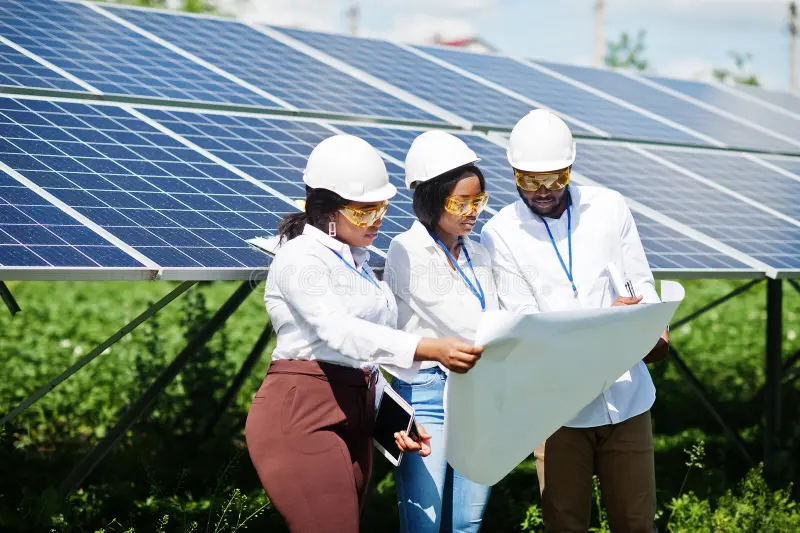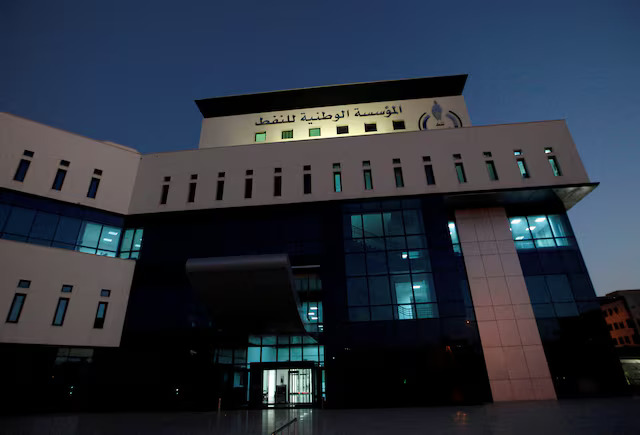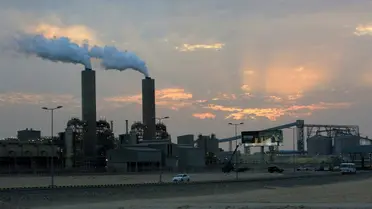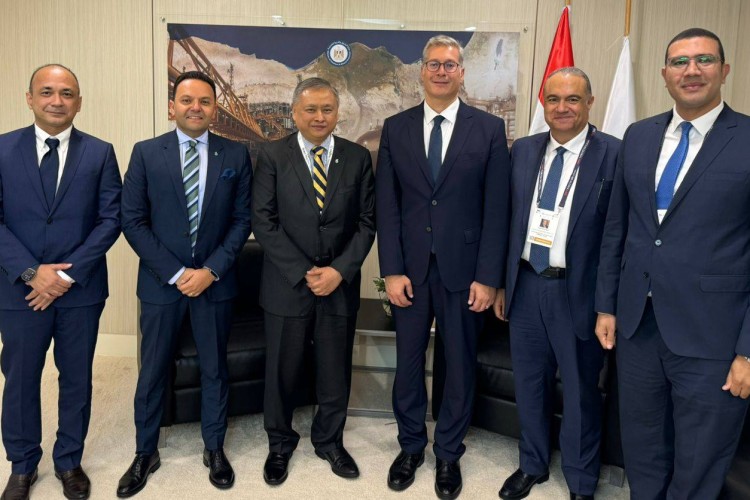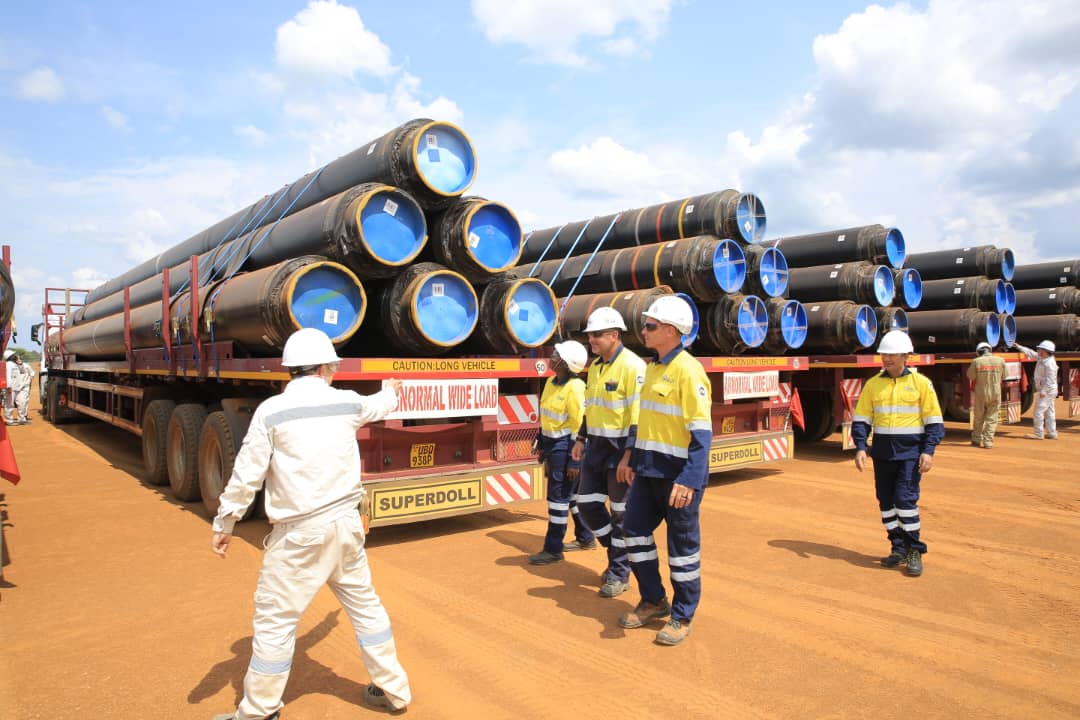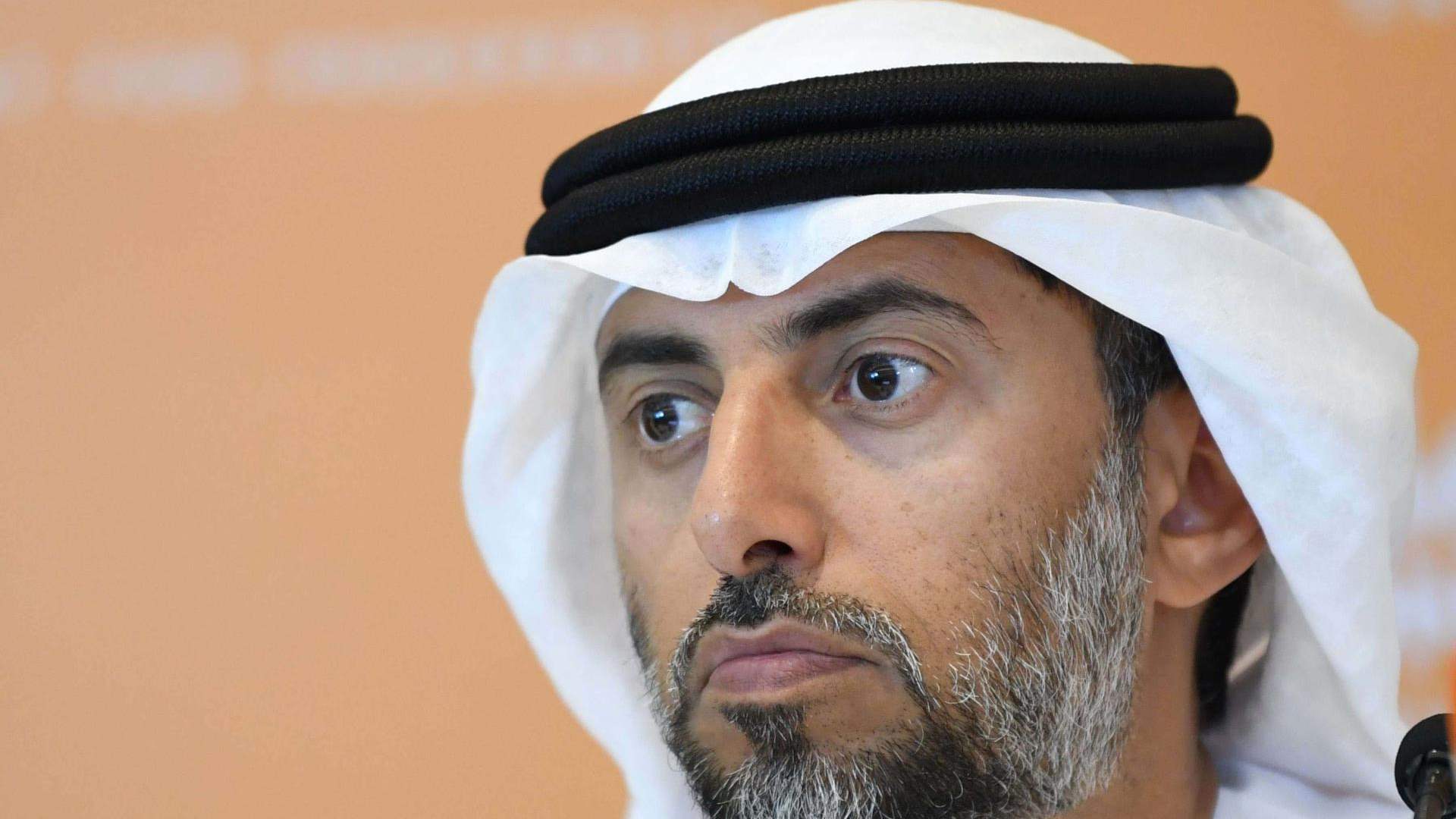Distribution

The Middle East has an electricity problem. The Gulf can help
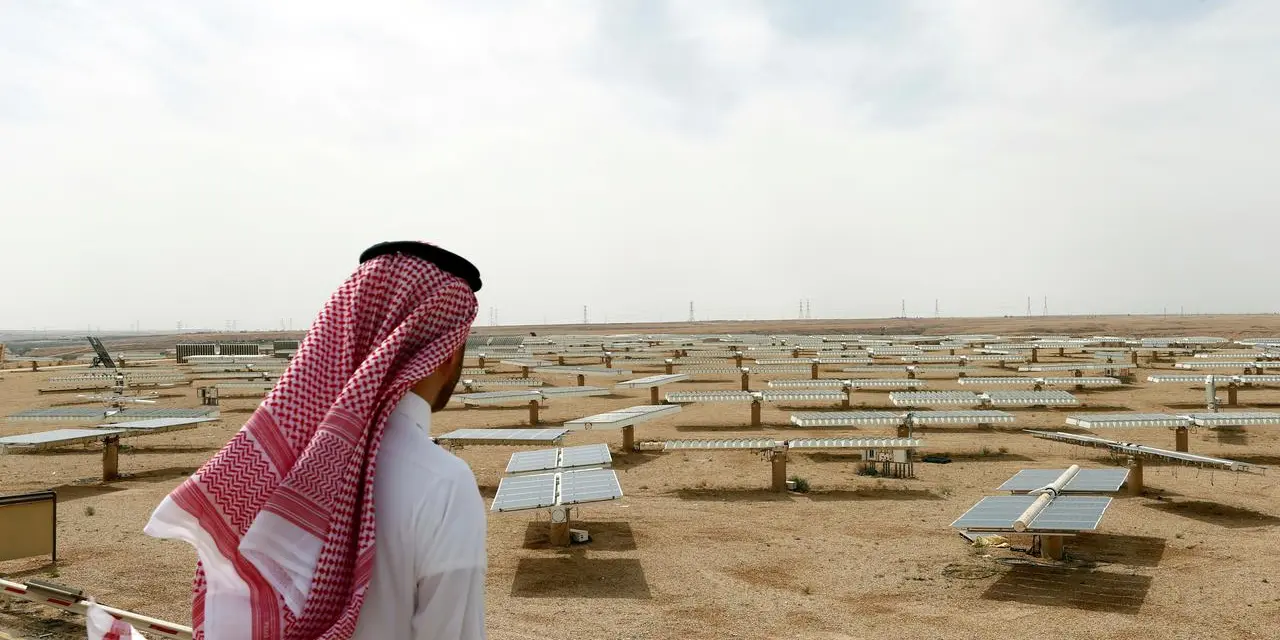
It is something of a truism that in countries with 24/7 electricity, switching on a light, cooking a hot meal or enjoying the comfort of air conditioning is often taken for granted. In nations where electricity is rationed, prohibitively expensive or even absent for long periods, such shortages act as a dangerous force multiplier, exacerbating a string of other social, political and economic problems.
Without dependable electricity, critical institutions such as hospitals, water treatment plants and communications falter. Where energy is too expensive, price hikes on everything from transport to essential goods lead to frustration and sometimes unrest. Industries slow or stop when power cuts bite, fuelling unemployment and poverty. Even more damaging is how a failure to guarantee regular power undermines people’s perception of government; authorities that cannot even keep the lights on run the risk of losing legitimacy.
Several countries in the Middle East have been unlucky enough to experience this cascade effect. Countries in conflict or emerging from war suffer the most. Syria, Iraq, Lebanon, Yemen and Sudan are among the most affected. More than 20 years after the war to topple Saddam Hussein’s regime, Iraq still does not have consistent energy supplies. In August 2022, the oil-rich Iraqi city of Basra experienced days of angry protests as power line failures and a fire at an electricity plant caused blackouts amid searing 50°C temperatures. In Lebanon, years of intermittent electricity has led to a reliance on polluting private generators that sustains criminal groups who profit from black-market fuel.
Such problems look set to become even worse. According to a new report by the International Energy Association, electricity demand in the Middle East and North Africa has tripled since 2000, and it is set to increase by 50 per cent by 2035, as rapid population growth, urbanisation and industrial expansion drive consumption. This has developed out of sight of global policy makers. As Dr Fatih Birol, executive director at the IEA, told The National, “Everybody talks about China, India being the centre of global electricity demand growth. But [the] Mena region is a blind spot in these discussions.”
The story the IEA report tells is a tale of two regions. Gulf countries are investing billions into sources of reliable, renewable energy such as nuclear power, wind farms, solar parks and gas. Nuclear reactors are under construction in Egypt and Iran. Elsewhere, however, countries struggle with different challenges when it comes to providing energy to meet rising demand. The IEA estimates that power shortages in Iraq between 2014 and 2020 alone cost the economy more than $95 billion. In Syria, available power generation capacity in 2022 fell to just 38 per cent of pre-conflict levels, “far below the county’s needs”. Conflict-hit Libya has endured similar problems with power generation capacity halving during the country’s civil war.
It is here that countries with highly developed electricity generation and transmission capabilities can make a difference. Iraq has an arrangement with Gulf neighbours to import electricity via the GCC Interconnection Authority; expanding such an arrangement could support other countries as they try to ensure power supply for their economies and citizens. Such long-term, technocratic solutions could replace more stopgap efforts, such as Iraq’s use of power barges, that supply electricity in terms of weeks only, not years.
As the world’s climate heats up, the Middle East is on the front line of global warming. Without a dependable source of electricity to power cooling systems and water desalination, vulnerable populations will suffer. The IEA report contains solutions such as expanding renewable energy options, modernising grids to handle rising loads and investing in energy storage facilities. All are worthy ideas, but it is up to leading countries in the region to work in partnership with those who are struggling to reach the stage when turning on the air conditioning in summer is not a life-or-death choice.



